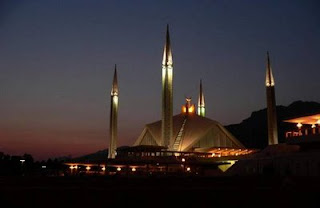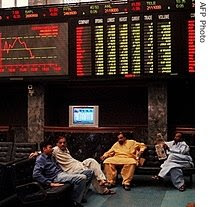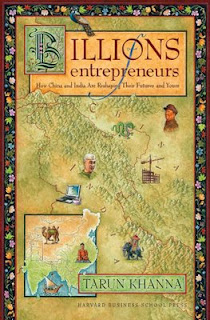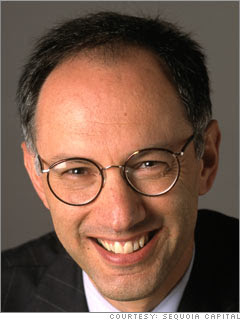What is Driving Food and Oil Prices Higher?
As South Asians, Americans and the rest of the world suffer the impact of doubling of the food and fuel prices in about a year, there is a strong desire around the world to understand and address the underlying causes driving this phenomenon. While conspiracy theories abound, the more serious reasons being explored include imbalances between supply and demand and market speculation by large financial players. Meanwhile, the people continue to suffer in countries such as Pakistan and India where the poor spend as much as 66% of their income on food and fuel. Increasing demand from the fast growing economies of the BRIC countries is usually acknowledged as a factor. Simultaneously, supply jitters have been caused by "peak" oil theories bandied about Saudi Arabia and crop failures in traditional breadbaskets of the world. In addition, the US and Japan have become the largest hoarders of oil. The Strategic US Petroleum Reserve (SPR) is an emergency petroleum store maintained by t




